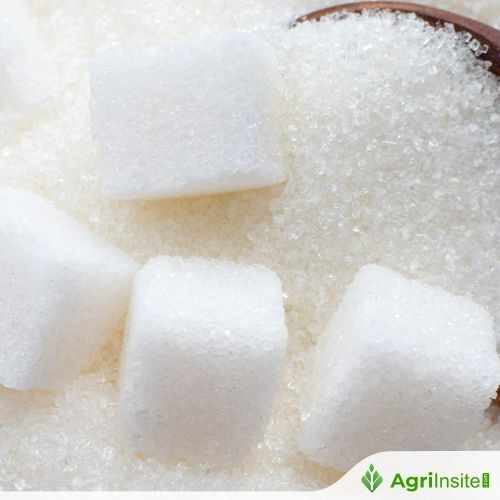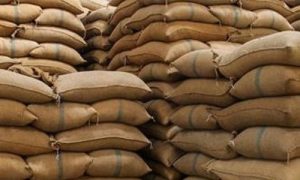Pakistan Govt plans to deregulate sugar sector under IMF conditions

Pakistan’s federal government has decided to fully deregulate the sugar sector under IMF commitments. The private sector will handle pricing, procurement, and distribution, while the government retains a 500,000-tonne buffer stock. Exports of surplus sugar may be allowed to stabilize the market and generate foreign exchange, enhancing mill capacity utilization.
The federal government of Pakistan has decided to withdraw from active intervention in the sugar sector as part of commitments made to the International Monetary Fund (IMF).
As per details, proposals have been finalised to fully deregulate the sugar industry, restricting the government’s role to maintaining a buffer stock of 500,000 tonnes. All other responsibilities—pricing, procurement, and supply—will be handed over to the private sector.
The final draft of the deregulation plan, developed in consultation with key stakeholders, is expected to be presented to the Prime Minister next week. Under the new framework, the Trading Corporation of Pakistan (TCP) will retain a reserve equivalent to one month’s national sugar consumption.
Private sector entities will take over all sugar trade and distribution. In the event of price volatility following deregulation, the government may consider increasing subsidies under the Benazir Income Support Programme (BISP) to shield low-income households.
The draft proposal also outlines plans to export surplus sugar to stabilise the local market and provide better returns to sugarcane farmers. The government estimates that operating sugar mills at 70 percent capacity—up from the current 50 percent—could yield an additional 2.5 million tonnes of sugar annually. Exporting this surplus could bring in up to $1.5 billion in foreign exchange.
The move comes amid IMF concerns over Pakistan’s earlier decision to provide tax exemptions and subsidies on imported sugar. The international lender warned that offering a Rs55 per kilogram subsidy on sugar imported at Rs249 per kg could endanger the ongoing $7 billion loan programme.
The IMF also rejected the government’s justification for the subsidy under “food emergency” provisions, underscoring the need for fiscal discipline as part of broader economic reforms.
To Read more about Sugar Industry continue reading Agriinsite.com
Source : The Nation














